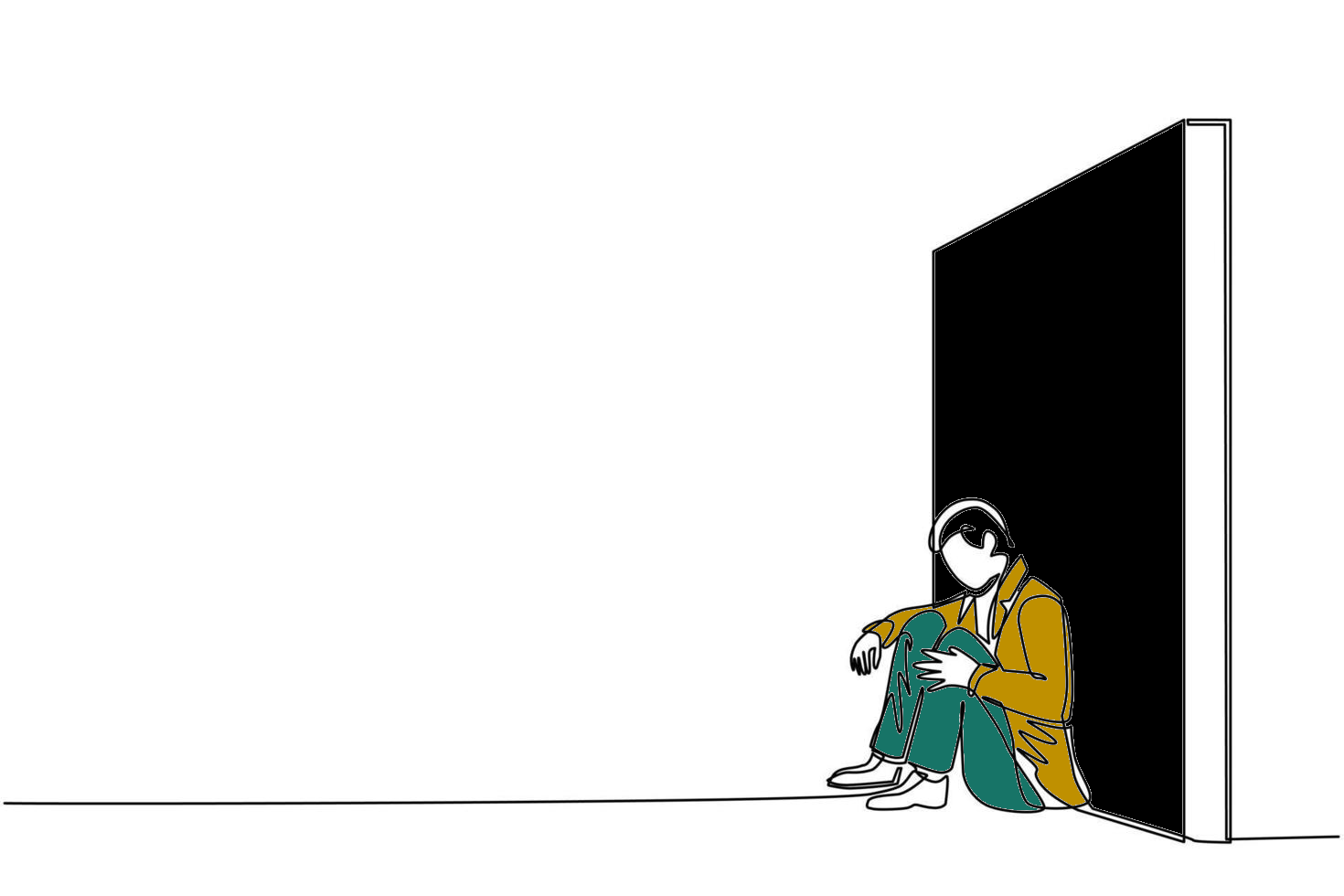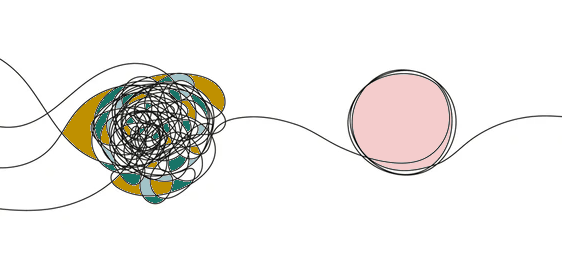ACEs stand for Adverse Childhood Experiences. These are hard things that might have happened to you before age 18—like losing a parent, being around violence, or not feeling safe at home.
In the 1990s, doctors at Kaiser Permanente in California and the Centers for Disease Control and Prevention (CDC) asked thousands of adults about their childhoods. They found a strong connection between early stress and health problems later in life. People with more ACEs were more likely to get sick as adults—things like heart problems, depression, or trouble sleeping.
Later, Dr. Nadine Burke Harris, a well-known pediatrician in San Francisco and later the state Surgeon General for health, helped more people understand why this happens. She explained that when kids grow up in stress, their bodies can get stuck in “alert mode” and start to release a toxic level of specific hormones (learn more about the science here). This affects important body systems like:
- The nervous system (how your body responds to stress, like fast heartbeat or tense muscles)
- The immune system (how your body fights off sickness)
- Even their genes (which are like tiny instructions in your body that help it work)
This guide helps you look at your ACE score with care and curiosity. It’s not about blame or labels. It’s a tool to understand what your body has been through—and how healing is possible.
Note: You can access your ACE Score for free here: www.catbirdclub.com/concierge
What Your ACE Score Could Mean
According to the original ACE Study (Felitti et al., 1998) and decades of follow-up research:
Even 1 ACE can increase the risk of chronic health issues, and 3 or more significantly raise the likelihood of physical and mental health challenges later in life.
Let’s break down what your score might mean — not to label you, but to guide your healing with compassion and science-backed insight.
0–2 ACEs → Low Risk, Still Impactful
You may have had access to supportive caregivers, stability, or resilience-building relationships. That’s protective — but not perfect. Even a single ACE, depending on context and your body’s sensitivity, can shape how your nervous system reacts to stress.
You might notice:
- Occasional overwhelm, tension, or anxiety under pressure
- Subtle distrust of safety or slowness to relax fully
- Health issues that appear “minor” but are hard to shake
What helps: If you don't have any meaningful symptoms right now, focus on preventative healing. Learn your nervous system’s patterns and keep building a strong foundation of rest, rhythm, safe connection, and nourishment. Engage with trauma coaches and communities to support you as well.
3–5 ACEs → Moderate Risk, Compounded Stress
This range indicates a meaningful level of developmental adversity. Your body and brain may have adapted for survival, especially in relationships, authority dynamics, or high-stress environments.
You might notice:
- Chronic tension, over-responsibility, or emotional exhaustion
- Relationship patterns shaped by mistrust or boundary confusion
- Symptoms like fatigue, sleep issues, gut discomfort, or mood swings
What helps: Go gently. Start with a process of inquiry and education, which has been proven to help unwind the deep trails left by trauma. Not sure where to start? We got you: www.catbirdclub.com/concierge. You can also seek support from human specialists trained in trauma.
6+ ACEs → High Risk, Deep Adaptation
This level of adversity often involves multiple, overlapping sources of stress — abuse, neglect, separation, violence, or unstable caregivers. Research shows that individuals with 6+ ACEs are at significantly higher risk for autoimmune illness, depression, addiction, and even a shortened lifespan (by up to 20 years).
But remember:
ACEs are not your destiny. They’re a reflection of what you survived — not a limit on what you can heal.
You might notice:
- Chronic illness, pain, fatigue, or emotional numbness
- Difficulty feeling safe in your own body or forming trust
- A sense of being “stuck” or easily overwhelmed, even without current danger
What helps: You deserve trauma-informed care that works with the body, not against it. That's what we offer at Catbird: a personalized path to healing. Start your Healing Journey here: www.catbirdclub.com/concierge. Seeking 1:1 human support in addition to digital tools? Start here.
Remember: Your ACE score doesn’t define you. It shows what your body went through—not who you are. Your body is smart. It found ways to protect you. And with the right support, it can learn how to feel safe again.This is your starting point. Healing begins with understanding—and continues with care.











